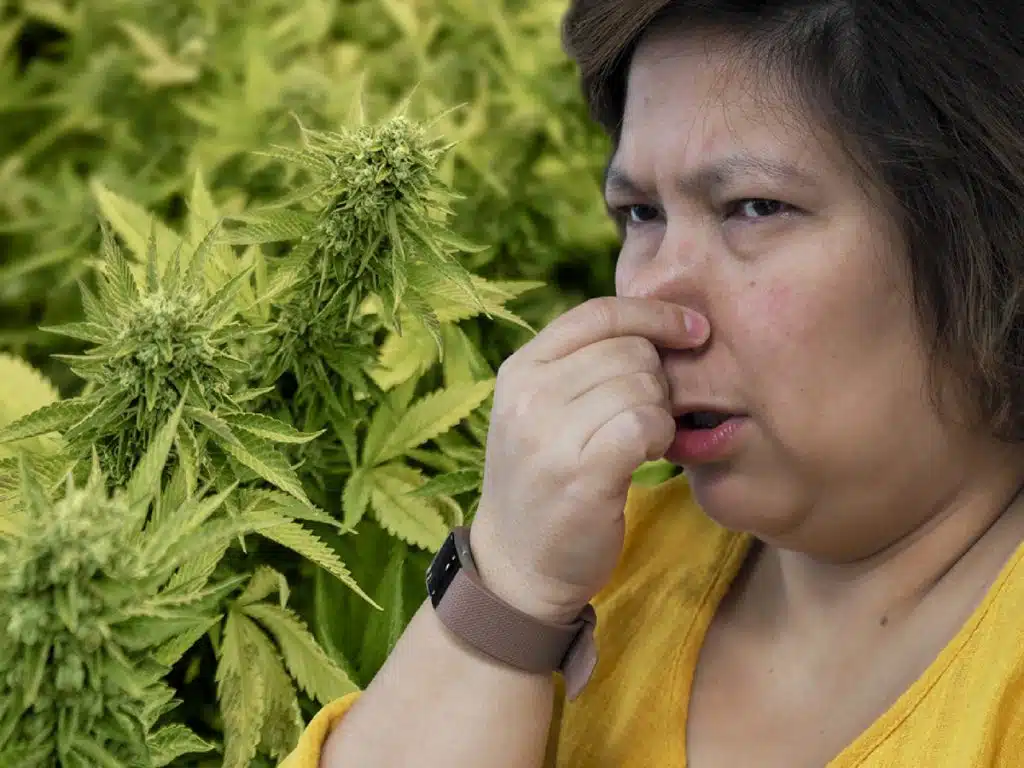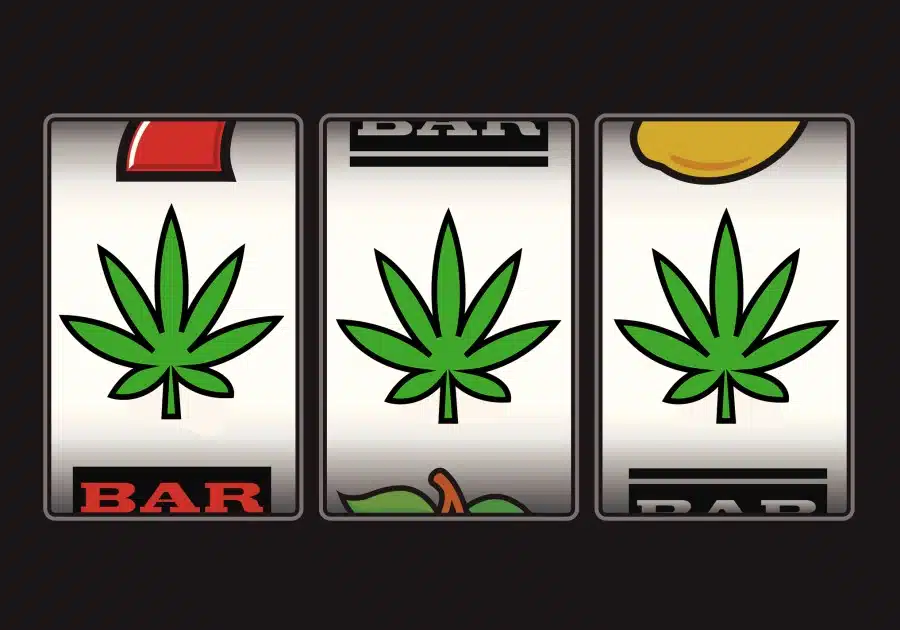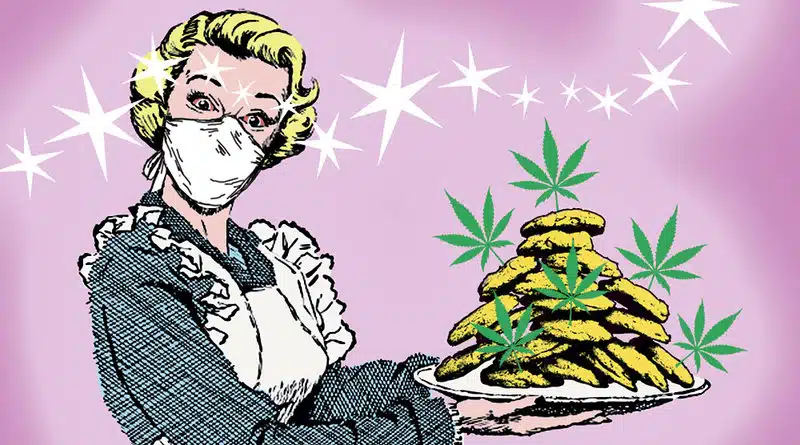Is Medical Weed Tax Deductible In Canada?
The annual tax preparation process is a source of stress for many Canadians, who often find themselves swimming in a sea of receipts come April.
With so many people uncertain about which expenses they can claim, it’s time to provide clarity on medical cannabis patients. Hundreds of thousands of people rely on this medication, and they shouldn’t have to worry about whether or not they can afford it.
The effort required is worth it.
The federal government recognizes that cannabis can be used for medical purposes, so if you are a registered patient, you may be able to claim it as a medical expense on your tax return, which could reduce the amount of taxes you owe.
You could save money on your medical cannabis costs if a portion of them is covered by your private health insurance plan.
What Is Cannabis?
Cannabis is a plant species in the family Cannabaceae. It includes three primary subspecies: Cannabis sativa, Cannabis indica, and Cannabis ruderalis. Cannabis has been used for a variety of purposes, including for its medicinal and recreational effects. It is also known for its psychoactive compounds, such as tetrahydrocannabinol (THC) and cannabidiol (CBD).
What Is THC?
Tetrahydrocannabinol (THC) is a psychoactive compound found in the cannabis plant. It is responsible for the “high” commonly associated with cannabis use. THC acts on the cannabinoid receptors in the brain, which are involved in the regulation of mood, appetite, and other cognitive functions. The amount of THC in cannabis varies depending on the strain, with some strains having higher levels of THC than others.
What Is CBD?
CBD stands for cannabidiol, which is a naturally occurring compound found in the cannabis plant. CBD is one of many compounds, known as cannabinoids, that are found in the cannabis plant. Unlike the more well-known compound tetrahydrocannabinol (THC), CBD is non-psychoactive, meaning it does not produce the “high” commonly associated with cannabis use.
CBD has become increasingly popular in recent years as a natural remedy for a variety of health conditions, including anxiety, pain, and insomnia. It is also used to manage symptoms of conditions such as multiple sclerosis and help with epilepsy. CBD is available in a variety of forms, including oils, capsules, and topical creams.
Step one: Do you have a medical marijuana card?
In Canada, patients who wish to use medical cannabis must obtain an authorization from a doctor or licensed healthcare professional. Unlike in the US, patients in Canada do not have a physical “card” to use in dispensaries; instead, they must order from a licensed seller of medical cannabis products.
If your authorization to use medical cannabis has expired during the tax year, you can still claim expenses for the time period during which it was valid. You will need to provide proof of registration with a licensed seller, which most often comes in the form of a document from the seller that includes a patient ID.
In order to complete the process, please gather any relevant documents and purchase receipts. This will help us to verify the information and move forward with your claim. Thank you for your cooperation.
Step two: Gather documents and purchase receipts
Now, collect your receipts and supporting documentation. This includes all your medical cannabis receipts from 2021 or any 12-month period that ended during that year.
If you have not already done so, you may be able to claim expenses from 2020. Adding the total amount to any other allowable medical expenses you are claiming on your tax return will give you the most deduction.
Only use receipts for medical expenses that can be claimed, including cannabis products and seeds. This will help ensure that your claims are accurate and persuasive.
You can claim certain medical devices as expenses, such as Health Canada-approved vaporizers used to consume cannabis. Only a few devices are eligible, so check with the Canada Revenue Agency to see if your device qualifies.
It is important to keep good records in all areas of tax filing, including medical expenses. You don’t have to include all medical records when you file, but it’s a good idea to keep receipts and prescriptions in case you’re audited.
Step three: Get your calculator (or accountant)
With just a little bit of effort, you can save yourself a significant amount of money on your taxes. So don’t wait – take advantage of these credits today!
As a non-refundable tax credit, you can claim your total eligible medical expenses minus three percent of your net income, or $2,397, whichever is less.
In most cases, it is financially advantageous for the lower-earning spouse to claim medical expenses, as this allows for more deductions. Expenses for dependents can also be claimed.
If you’re employed but have low income and high medical expenses, you may be eligible for the Refundable Medical Expense (RMES) supplement. This supplement can help offset the cost of medical expenses. To learn more, please visit the link provided.
The Medical Expense Tax Credit (METC) is a non-refundable tax credit that cannot be claimed in conjunction with the Registered Medical Expense System (RMES).
Who Can Claim Medical Expense Cannabis Tax Credits?
In order to claim any medical cannabis expenses on your tax return you need to have a medical marijuana document. Claimed expenses must also have been purchased for medical purposes from a licensed provider.
According to the CRA website, you can claim the amount paid for cannabis, cannabis oil, cannabis plant seeds, or related products purchased for medical purposes. This can include edible cannabis, topicals, rolling papers, holders, pipes, water pipes, bongs, and vaporizers, if they are used to consume medical cannabis.
If you have a grow-your-own license from Health Canada, you can claim the cost of the cannabis plant seeds and cannabis. You cannot deduct the money you used to grow and produce medical cannabis, such as pots, soil, nutrients, or lights. Like other tax deductions, you need to keep your receipts. The vast majority of Canadians file their taxes online and don’t submit their receipts, but if the CRA asks for proof, you need to provide it. If you can’t, you won’t be able to make those deductions.
Conclusion
If you are interested in cannabis and THC products, check out Ganja West online dispensary at ganjawest.co!













